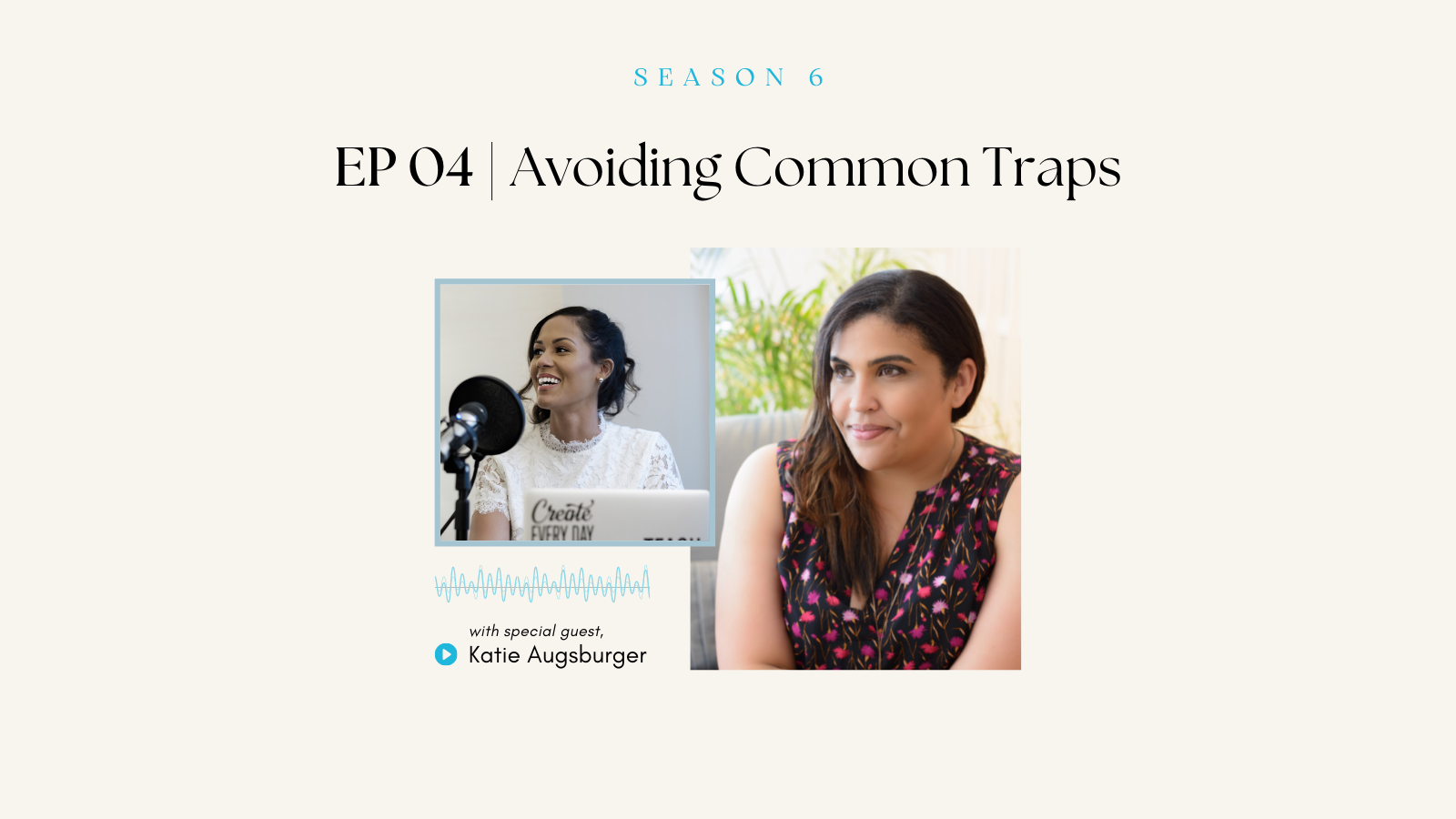S06 EP04: Avoiding Common Traps
/In episode four of the Masterclass, Rianka starts out by sharing key learnings from a recent workplace survey on large businesses that highlights the importance of building DEI into the DNA of a company and driving innovation through engagement.
Katie shares that she cares most about improving the lived experience of Black and Brown folks whether the work is performative in nature. What organizations need to avoid is not walking the walk when you’re talking the talk.
Rianka shares that it is ok for organizations and individuals to start small. So often we put too much on our plate understanding there is not enough time for the team to execute the tasks.
Katie shares that this DEI work is life work, often unsexy and slow moving. It has taken hundreds of years of systemic oppression to arrive at this moment in time. What this time requires of us is to slow down, listen to others, ask for clarification and listen in kind.
White supremacy culture is not just about white nationalism, centered around racist white folks directly harming Black and Brown folks; instead, Katie shares that this also refers to the ideal that whiteness is the supreme for standards (work, beauty, health, etc). It’s harmful for all.
If listeners are having a visceral response to certain language or phrases, use that information to pause and digest what it means for you and what the learnings are.
They again share the nuance of employers hiring for shared experience, not race. What’s most important is recognizing the lived experience and connections to communities and markets that different individuals hold.
In positive examples of doing the work, Katie shares how Help Scout signed up to do the hard and slow work of updating policies and procedures, pouring over spreadsheets and working to implement meaningful change firmwide.
In conclusion, Rianka and Katie encourage individuals to share their secret sauce, and to continue to “be too much.”
What you’ll learn:
A case study about an organization doing this work well
A deeper understanding of white supremacy culture
That often DEI work moves slow, and is not flashy
Facilitator Questions:
What does co-creation and doing the work together look like to you?
How does professionalism show up in your workplace culture? Is it too narrow?
Think about how you might hide certain aspects of your own individuality at work for fear of repercussion. Consider how freeing it would be to show up authentically.







